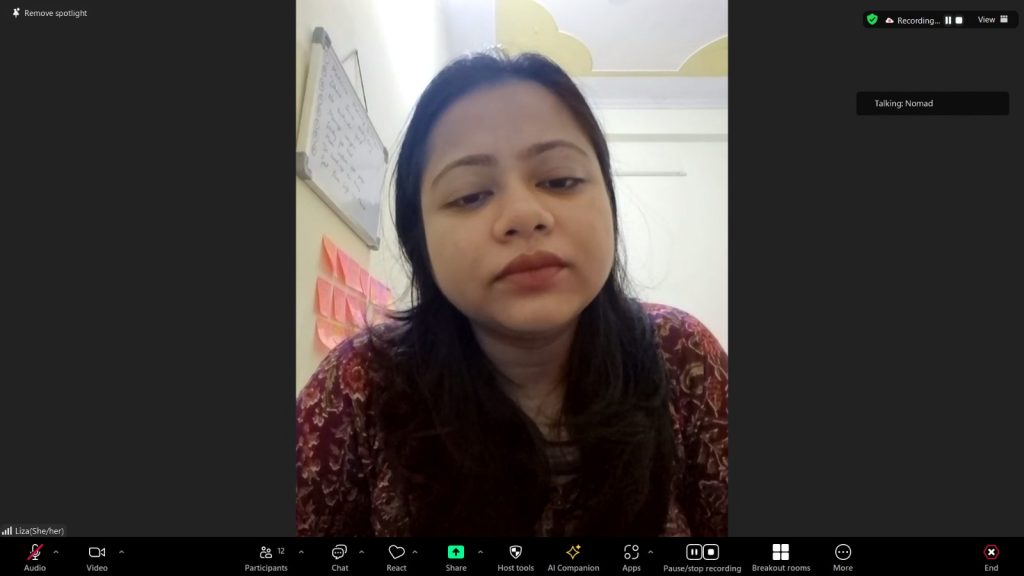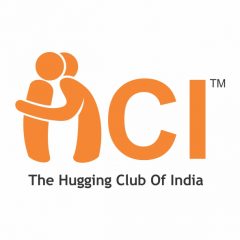The mental health event, titled *”Managing Loneliness and Finding Out Which Therapy Works for You,”* led by psychologist Liza Hazarika, was a refreshing and essential discourse on a topic that resonates deeply in today’s world.
Liza, a counsellor at SRM University and a certified Queer Affirmative Therapist, brought both expertise and empathy to the discussion, guiding attendees through the intricate nuances of loneliness and how to find a therapeutic approach suited to individual needs.

Hazarika began with a thought-provoking perspective on loneliness, describing it as a pandemic in its own right—a feeling many of us experience even when we are surrounded by others. This notion struck a chord, emphasizing that loneliness is often a state of mind rather than just a physical reality. She explained that loneliness can be broadly categorized into *Emotional Loneliness*, where we lack someone with whom we can share our innermost feelings, and *Social Loneliness*, where we crave a sense of belonging within a community. Both types, she emphasized, have been heightened by the pandemic, which underscored the importance of physical connection and touch.
The physical and mental health implications of loneliness were another critical component of Hazarika’s talk. Loneliness, she explained, isn’t just a fleeting emotion—it can escalate into more serious health concerns, including anxiety, depression, and chronic stress. This gave weight to her advice, underlining the importance of recognising loneliness in our lives or in those close to us. She presented common symptoms, such as isolation, lack of social interaction, and changes in weight, which helped the audience understand what signs to look for, either in themselves or others. The discussion around labelling people as “attention seekers” when they may actually be lonely was insightful and served as a reminder to approach others with empathy rather than judgement.
Hazarika also delved into the complex interplay between loneliness, codependency, and attachment issues. She described the often-overlooked distinction between independence and hyper-independence, encouraging self-awareness in understanding whether one’s behaviour is genuinely independent or a coping mechanism against closeness.
In addressing how to cope with loneliness, Hazarika shared practical strategies that were both relatable and actionable. Her suggestions, including reaching out to friends, joining a club or community, using technology to stay connected, and engaging in self-care practices like journaling, positive affirmations, and self-talk, offered attendees tangible steps to take. The message was clear: while loneliness is a challenging experience, there are proactive measures we can all adopt to alleviate it.

The session concluded with a valuable segment on how to choose the right therapist, a topic rarely discussed with such clarity. Hazarika provided attendees with essential tips for finding a therapist that fits their needs, emphasizing the importance of feeling safe and connected with the therapist. She also stressed the importance of asking questions, being wary of judgemental responses, and the need to move on from a therapist who isn’t a good fit. This advice was empowering, especially for those who may have struggled to find a therapist who meets their expectations.
Overall, *”Managing Loneliness and Finding Out Which Therapy Works for You”* was an insightful and compassionate event that resonated with attendees. Liza Hazarika’s approach, blending expertise with empathy, made it a supportive space for exploring difficult emotions and seeking solutions. This event was not just informative; it was a reminder that while loneliness is a pervasive issue, there are effective ways to address it and that seeking support, both from friends and mental health professionals, is always a worthy step.
– Written by Arjun Upadhyay
– Edited by Mahrukh
